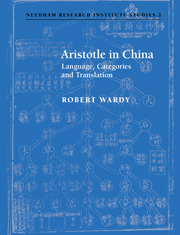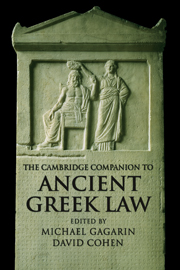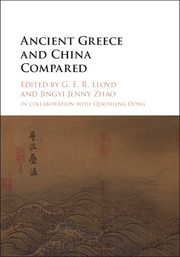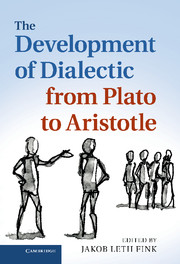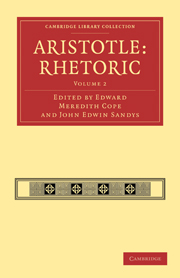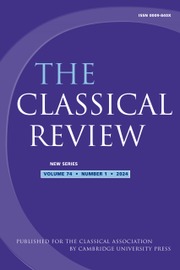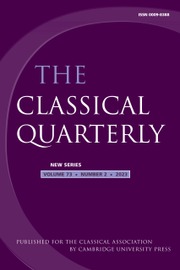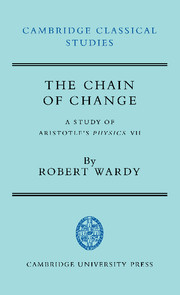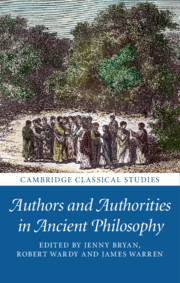Aristotle in China
This book considers the relation between language and thought. Robert Wardy explores this huge topic by analyzing linguistic relativism with reference to a Chinese translation of Aristotle's Categories. He addresses some key questions, such as, do the basic structures of language shape the major thought patterns of its native speakers? Could philosophy be guided and constrained by the language in which it is done? And does Aristotle survive rendition into Chinese intact? Wardy's answers will fascinate philosophers, Sinologists, classicists, linguists and anthropologists, and make a major contribution to the scholarly literature.
- Author offers an interpretation of the relation between language and thought from the vantage point of a philosopher and classicist
- The work will therefore be of interest to a range of scholars from a range of disciplines
- Well written and reader friendly
Reviews & endorsements
'… we in Chinese studies clearly owe a considerable debt to Robert Wardy, and hope that he will find other examples of cultural intercommunication between the classical tradition of Western philosophy and China with which to beguile our increasingly rare moments of reflection.' Journal of the Royal Asiatic Society
Product details
November 2006Paperback
9780521028479
184 pages
244 × 190 × 11 mm
0.337kg
2 b/w illus.
Available
Table of Contents
- Preface
- Part I. The China Syndrome: Language, Logical Form, Translation:
- 1. Introduction
- 2. Guidance and constraint
- 3. On the very idea of translation
- 4. Case-study 1: conditionals
- 5. Case-study 2: Chinese is a list
- 6. Logical form
- 7. Case-study 3: being
- 8. Case-study 4: truth
- 9. Case-study 5: nouns and ontology
- 10. Conclusion
- Part II. Aristotelian whispers:
- 11. Introduction
- 12. What's in a name?
- 13. Disputation, discrimination, inference
- 14. The need for logic
- 15. Finite and infinite
- 16. The simple and the complex
- 17. All the things there are
- 18. How many questions? 19. Relatively speaking
- 20. Particular and general
- 21. Translating the untranslatable
- Epilogue
- Glossary
- References
- Index.

